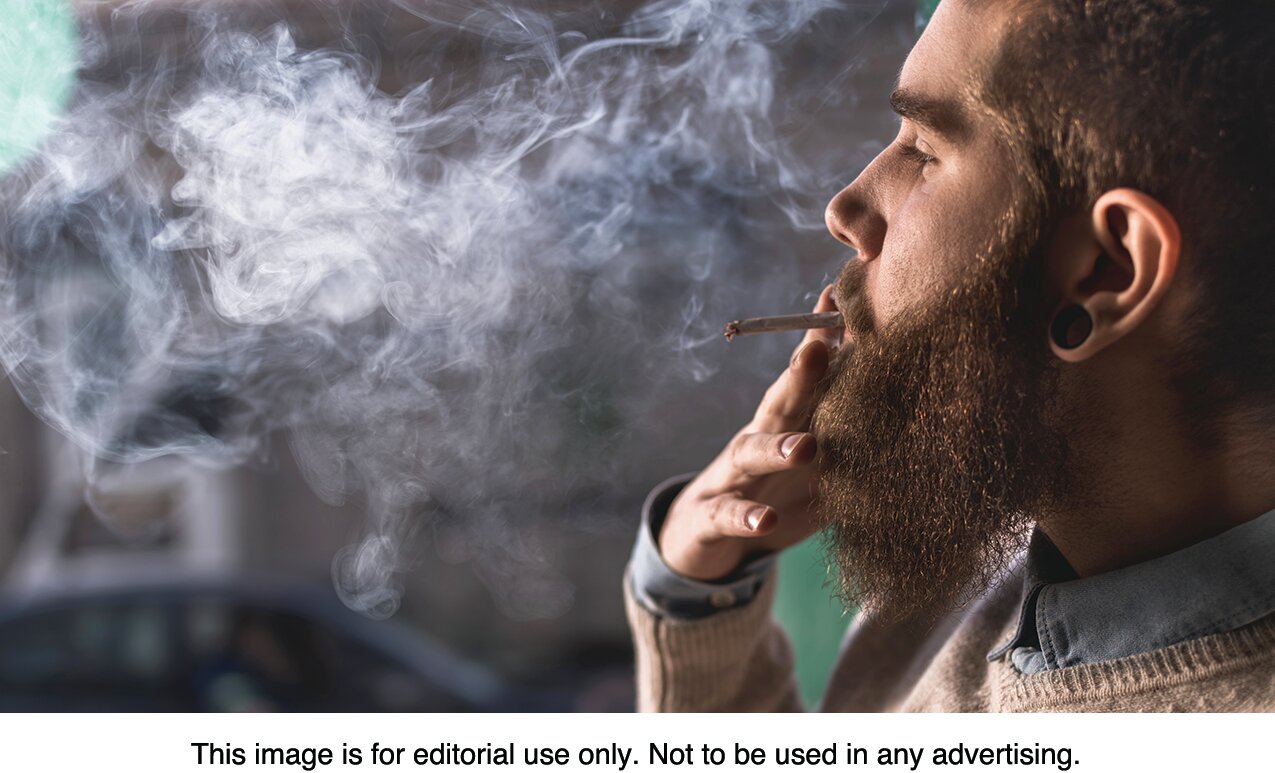Cannabis shops face zoning restrictions in Valley Stream
While the recreational use of marijuana has been legal in New York state since 2021, efforts to expand the nascent industry have been fraught with setbacks and delays.
Recreational cannabis entrepreneurs have grumbled over spurned hopes of launching their dispensaries on Long Island after a majority of municipalities voted to prevent retail cannabis stores from selling within their jurisdictions — Valley Stream included.
It’s a decision that has frustrated and disappointed cannabis entrepreneurs like Jessica Nassaint, who formerly owned a cannabinoid dispensary, Wake and Bake Café, on Rockaway Avenue.
“I feel like the community is not accepting of change,” Nassaint told the Herald in 2022, ultimately deciding to take her business elsewhere.
But some of the remaining cannabis businesses with the legal green light to operate — namely, medical cannabis dispensaries — are facing a slew of difficulties themselves beyond the normal funding to get off the ground. In particular, many looking to bring their businesses to Long Island are navigating an unwelcoming business landscape rife with zoning roadblocks and red tape aimed at curbing their spread. And Valley Stream is no exception.
Recent regulations passed by the village trustees are intended to limit the location and number of medical cannabis dispensaries. They are confined to C-3 zoning districts, areas dedicated to business office space and retail use.
No more than two medical cannabis dispensaries can operate in the village at any one time, and they cannot be located within 1,000 feet of a school, day-care center, park or place of worship, or within 500 feet of a residential neighborhood.
These restrictions may sit uneasily for cannabis consumers and stakeholders alike, who fear that they create an unfair bottleneck for businesses trying to enter the market, stifling healthy competition among operators and stunting business growth.
Village officials could not be reached for comment as of press time, but the restrictions state that limiting the operations of these dispensaries is a matter of public health.
“There are some uses (of cannabis) which, due to their very nature, have serious objectionable characteristics to the community,” village code reads. “Special regulation of these uses is necessary to ensure that these adverse effects will not contribute to the blighting or downgrading of the surrounding neighborhoods.”
The medicinal benefits and potential side effects of medical marijuana remain hotly debated among the scientific community, with mixed evidence in support or opposition of either camp. While many people reportedly turn to medical marijuana as a relaxant and a pain manager with fewer risks than opiates, public health experts warn of serious health risks if it consumed in larger than “safe” amounts.
Jim Wyler, executive director of the addiction treatment clinic Friends of Bridge, in Valley Stream, and a staunch opponent of the opening of recreational cannabis shops, told the Herald in 2021, “It becomes problematic when you go along the train tracks onto abuse when you’re using the drug more frequently or in (greater) amounts, because we develop a tolerance to the drug. It becomes less of a social event, and more of a feeling not to feel, or to get that payoff.”
As things stand in the village, one of the two available spots for medical marijuana dispensaries has been taken. The state Office of Cannabis Management has cleared the way for Rise Dispensary to open on Sunrise Highway, not far from Green Acres Mall.
The brand is owned by the Chicago-based firm, Green Thumbs Industries, and is sold at several locations around the state. Company officials could not be reached for comment about the dispensary’s opening day or its services.
This will be the sixth medical dispensary to open on Long Island to date, all of them in areas that have barred recreational cannabis retailers from opening storefronts. While about 40 firms have secured licenses to open cannabis dispensaries on Long Island, zoning restrictions and ongoing legal battles have slowed the process to a crawl.

 50.0°,
Overcast
50.0°,
Overcast 




